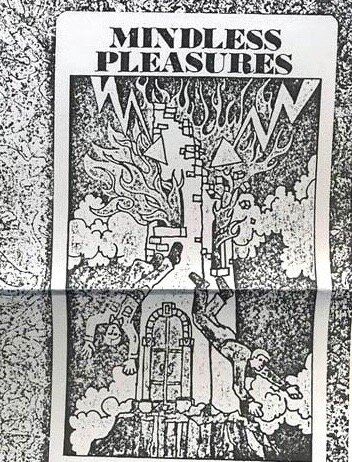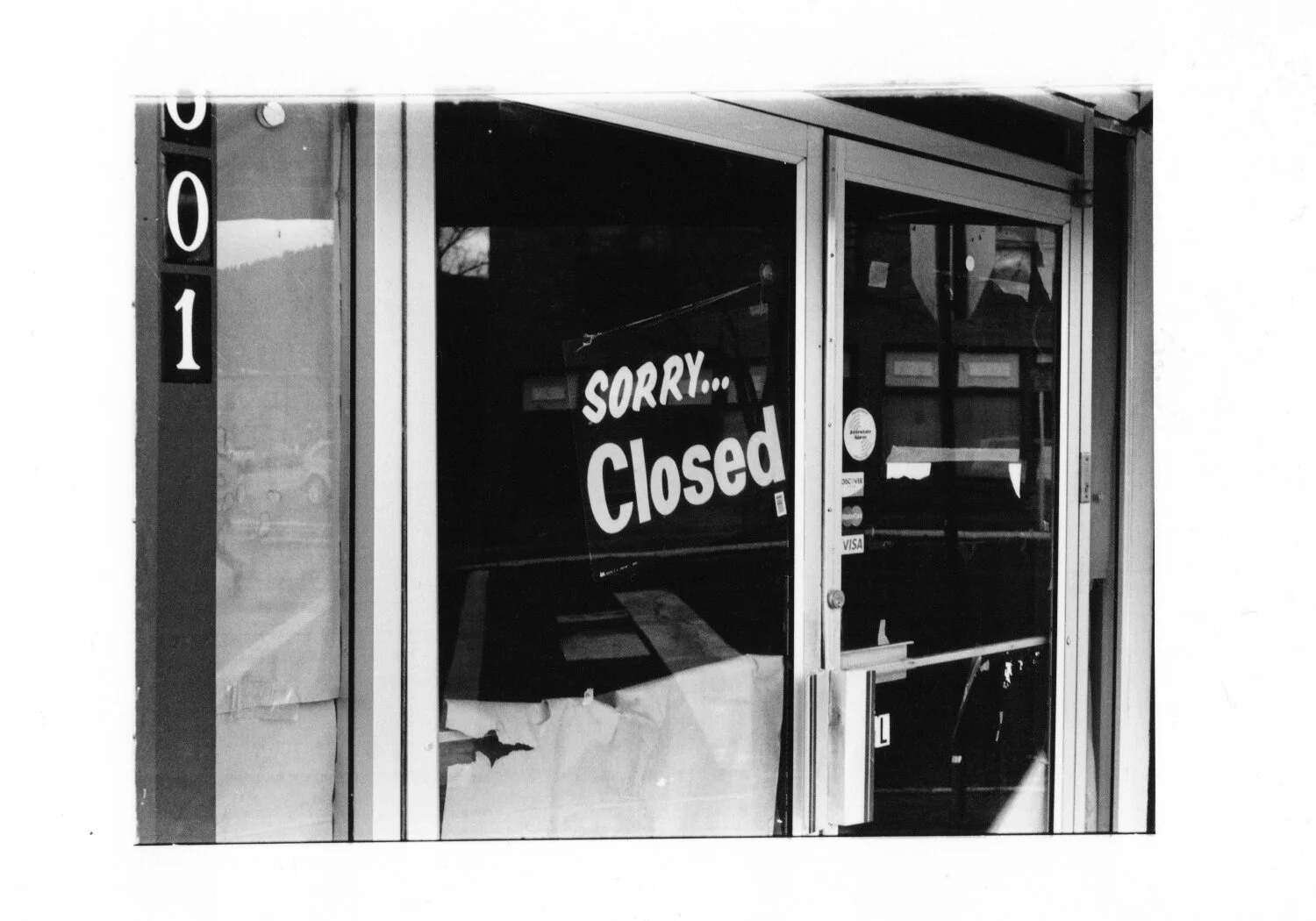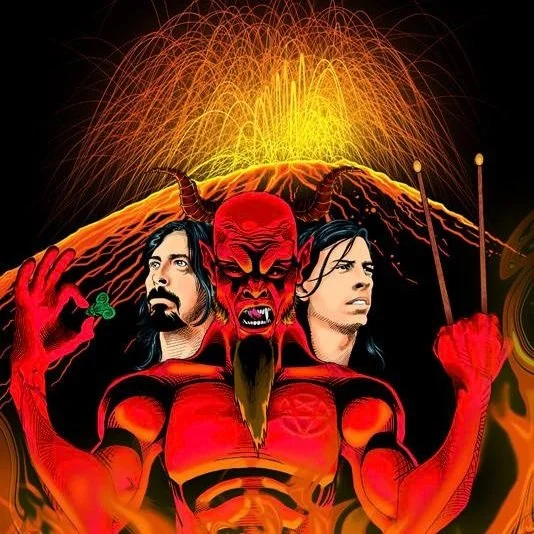Wasteoid Jordan Finn loves to spend his time writing short fiction and essays, playing drums for a number of bands, and reading the works of Philip Roth. But, he also has a love-hate relationship with video games and television that he’s working out. Join him on this journey of discovery and self-examination in a series of essays that will span everything from philosophy to pop-culture.
How Fun Works
“What I want to emphasize in this blog is a continuation of a tired but necessary loosening between high and low culture. We need to reconsider how literary popular culture is, letting The Sopranos stand alongside the greatest of Homeric epics and how certain video games can teach us about capitalism, colonialism, or gender. If Barthes can analyze an advertisement of soap as being textual, then why can’t Mario Kart be seen as a critique of capitalism?”
A Finely Cut Gem
“Uncut Gems is undoubtedly a masterpiece. As a film, it’s a carefully constructed patchwork of tropes, symbols, and characters with each scene complemented by a spacey score, dizzying cinematography, and an outstanding script. The world of Howard Ratner, played by Adam Sandler, feels as alive as the Manhattan streets it depicts, with the manic repartee of loan sharks and celebrities giving it an incessantly propulsive force.”
On Exactitude in Video Games
“Like the logic that governs any piece of art, video games approach comprehensive unity when every factor contributes to the logic of its individual system. In RDR2, the fact that you can only use two rifles when away from your horse makes the game feel more real while simultaneously contributing to the forward-thinking necessary to navigate a shootout. The emphasis on details in the game shouldn’t make the game more real if it isn’t also making it immersive. Which is the key point I want to make - immersion (rather than realism) doesn’t rely on detail alone, but an interacting network of elements the player has to realize in order to become competent at the game.”
That Space Between
“This emphasis on being here in the moment, brings us back to the oscillation between past and present. If Proust claims, as stated above, that we are indebted to memory for our present feelings, then is the present invaluable? While the present can be overvalued, it’s the present’s collision with the future that makes love possible, the vacuum of future possibilities. But we have to remember that the chance of the song’s title isn’t aleatory but the chance of an opportunity: “All that space in between where we stand / could be our chance.””
Satan Island
“Aesthetics are central not just to Satin Island but are the cornerstone for OOO. Harman’s ontology registers that objects exist, objectively, but that all a human being can detect are the qualities that originate in the object. For example, a tangerine might appear to be orange, spherical, and have a sweet taste, but we don’t really have a way to say what an object might be in an objective sense. To say that it is objectively these things would ignore how an earthworm, sparrow, or mushroom might perceive the tangerine.”
Immersion Therapy
“Reading the lyrics of Phoebe Bridgers without its accompanying music has the same impact that comes with reading any great poet. She plays with perspective, tense, and structure with the same grace you’d see in a Philip Larkin or an Anne Sexton. She’s leagues above fellow lyricists because the paradoxes and self-doubt music is supposed to resolve are left in her songs like the overgrown foliage in an unkempt garden. This garden doesn’t feel domesticated or safe but an invitation to explore and wonder.”
What Capitalism Can Learn From Mario Kart
“If both Mario Kart and capitalism work so well because of the balanced role interventionism plays within these competitive spheres, an appropriate analogy can be identified in the theories of 20th-century economist John Maynard Keynes. Keynesian economics do not tout laissez faire competition but the necessity of governmental interventionism to correct a system supposedly guided by an invisible hand.”
The Revolution will be Televised
“You could say that TV always leaves me feeling less alone, that is, while I watch it. But when I turn it off, loneliness rushes in. Whether it be a droll sitcom, a world-building epic, or a high-brow drama series, television shows are so powerfully personal they remind me of early film when audience members reportedly jumped out of their seat to avoid the oncoming train that threatened to hurdle through the screen. In the case of television, the verisimilitude isn’t spatial, but emotional. Audiences cling to the high expectations of what friendship and love are supposed to look like because of our habituation to the interaction of actors and the witty repartee of the script.”
Fake New
“The idea of musical subgenres has become old-fashioned. Whether it’s blackgaze, vaporwave, post-punk revival, math rock, slowcore, goth, freak folk, groove metal, or G-funk, the subgenre (and the noxious microgenre) no longer contribute to the experience of listening to music, least of all in the last ten or so years. At best, they’re genealogies for neurotic audiophiles, and at worst, ham-fisted jargon for those same gatekeeping audiophiles… Nowadays, benighted hipsters are trapped in our 21st century, an era where country-rap is an actual genre and where fifth wave emo is paving the way for its sixth.”









